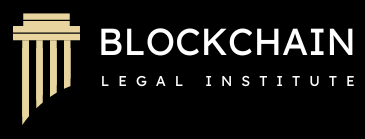Environmental Blockchain Usage
Charitable Blockchains
- Decentralized blockchain ledgers provide new routes to accountability, impact and conservation of tokenized natural resources. Digital currency can cross borders faster and avoid intermediaries using distributed ledger technology allowing charitable donations to reach their causes in full form with confirmation of recipients.
Energy Blockchains
- Standardized energy credits can be transferred between parties to reconcile transfer of energy from producer to consumers. Peer-to-peer energy credits are settled using automated contracts with opportunities for consumers to select clean energy sources. Aggregating energy grids in a decentralized manner eliminates waste and produces and overall more balanced grid for the distribution of energy. Future applications involve integrating blockchain energy credits into charging stations, data hubs, etc.
- Verifiable energy generators can be tracked, audited, or incentivized by all
Water Blockchains
- Using digital tokens, water usage can be tracked and exchanged between large consumers. The water rights of reservoirs and streams can be more easily connected to uphold water system integrity while creating a transparent record of climate status.
- Using internet-of-things devices, fishing vessels can provide verification of ethical fishing practices that could support their claims and standards. In doing so, consumers can make more confident purchases that would help eliminate unethical providers from the market.
Land & Pollution Blockchains
- Ocean pollution is being collected, weighed, & uploaded as digital tokens that are transferred as credits to receive charitable contributions. Pollution control programs are afforded new methods to fulfill their goals and receive proper incentives.
Blockchain & Green Options Discussed on LinkedIn
